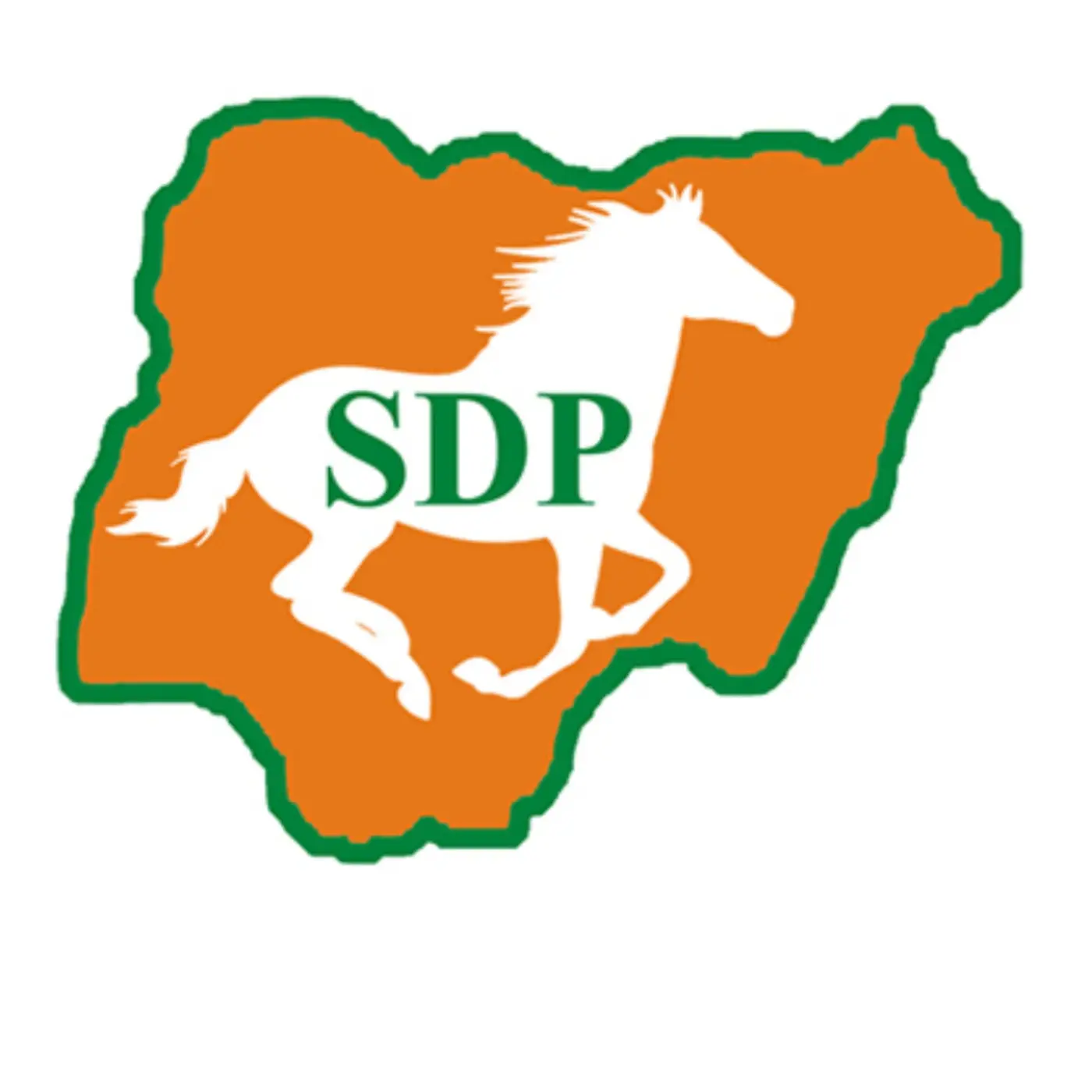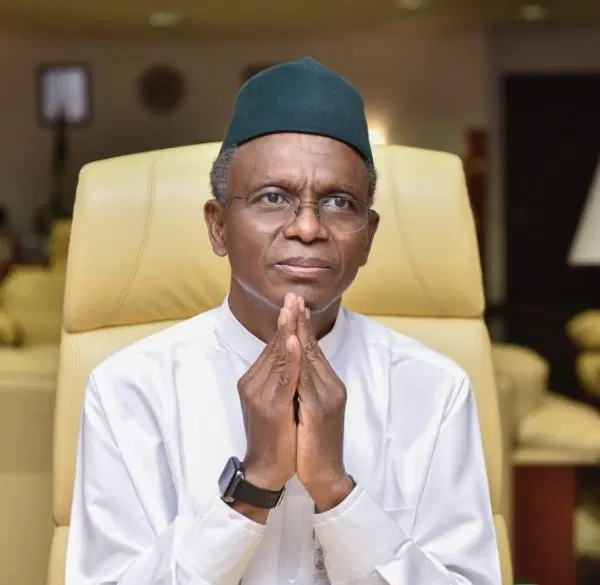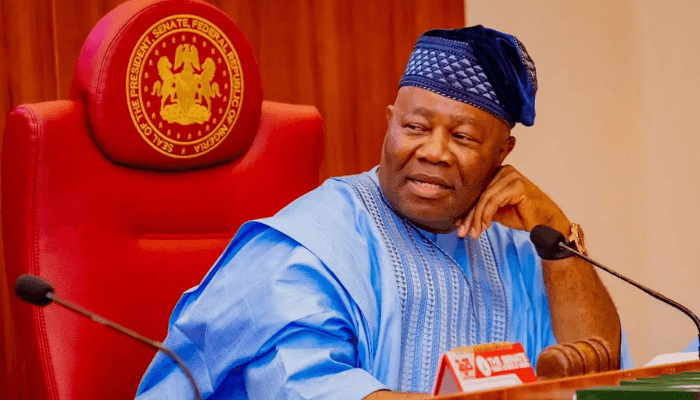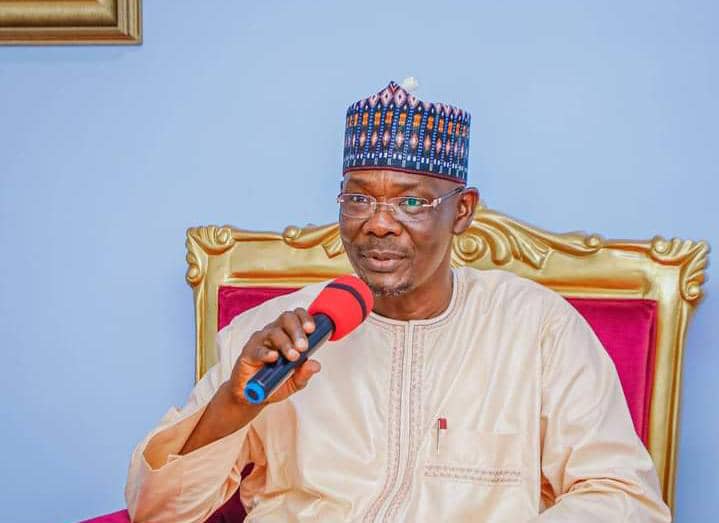A Significant Shift in Nigeria’s Political Landscape
In a development that could reshape Nigeria’s political dynamics, five prominent former governorship candidates from the People’s Redemption Party (PRP) have officially crossed over to the Social Democratic Party (SDP). This mass defection, coming just two years before the crucial 2027 general elections, signals a potential realignment of opposition forces in the country.
The defecting politicians, who all ran for governor under the PRP banner in the 2023 elections, bring considerable political experience and grassroots networks to their new party. Their move is particularly significant given Nigeria’s current political climate, where many citizens are expressing dissatisfaction with the two dominant parties – the ruling All Progressives Congress (APC) and the main opposition Peoples Democratic Party (PDP).
Who Are the Defectors?
The high-profile politicians making this strategic move include:
- Emiyare Etete – Former PRP gubernatorial candidate for Rivers State
- Elder Chris Agu – Former PRP flagbearer in Enugu State
- Anthony Umeh – Ex-PRP governorship aspirant for Anambra State
- Abdulkareem Mustapha – Former Kwara State PRP candidate
- Capt. Ahmed Kaugama – One-time PRP standard bearer in Jigawa State
Joining them is Adam Idris, who previously contested for the Kaduna North Federal Constituency seat in the House of Representatives under the PRP platform. The group represents a cross-section of Nigeria’s geo-political zones, potentially strengthening SDP’s national appeal.
The Formal Reception at SDP Headquarters

The defectors were officially welcomed at the SDP national secretariat in Abuja in a ceremony attended by top party officials. The event was presided over by:
- Alhaji Shehu Gabam – SDP National Chairman
- Olu Agunloye – SDP National Secretary
- Other members of the party’s National Working Committee
In his welcoming remarks, Gabam emphasized SDP’s commitment to internal democracy and equal opportunities for all members, regardless of when they joined the party. His assurance that there would be no “use and dump” treatment appeared designed to allay any concerns about how the new members would be integrated.
Why This Defection Matters
Political analysts point to several reasons why this development is significant:
- Credibility Boost for SDP: The acquisition of experienced politicians with electoral experience enhances SDP’s standing as a serious alternative.
- Geographical Spread: The defectors come from different regions, potentially helping SDP build a truly national presence.
- Timing Advantage: With about two years to the next general elections, there’s sufficient time for proper integration and strategy development.
- Symbolic Value: The move could encourage other disillusioned politicians from smaller parties to consider SDP as a viable platform.
The Defectors’ Motivation
Speaking on behalf of his colleagues, Makarfi Hayatuddeen, Chairman of the Forum of Former PRP Gubernatorial Candidates, explained their decision wasn’t made lightly. He stressed that their move was motivated by:
- Belief in SDP’s capacity to drive meaningful national transformation
- Confidence in the party’s internal democratic processes
- The need for progressive forces to unite under a credible platform
- Desire to contribute to building strong political institutions
Hayatuddeen was careful to note that their departure from PRP wasn’t due to personal grievances or lack of opportunities, but rather a strategic decision based on political calculations for 2027.
Read also: “2027 Showdown: SDP Chairman Shehu Gabam Vows to Unseat Tinubu, Says APC’s Days Are Numbered”
Potential Impact on 2027 Elections
This development could have several implications for Nigeria’s next general elections:
- Increased Competition: SDP may emerge as a stronger third force, potentially splitting opposition votes in some states.
- Policy Shift: The influx of new members could influence the party’s policy direction and campaign focus.
- Grassroots Mobilization: The defectors’ existing networks could help SDP penetrate areas where it previously had weak presence.
- Possible Domino Effect: This could trigger further defections from other opposition parties to SDP.
Looking Ahead
As Nigeria’s political landscape continues to evolve, several questions remain:
- How will PRP respond to losing several of its prominent members?
- Will SDP’s expanded membership translate to electoral success?
- Can the party maintain cohesion with its new diverse membership?
- How will this affect the calculations of the two major parties?
Political observers will be watching closely to see if this marks the beginning of a significant realignment in Nigerian politics or just another chapter in the constant shuffling of political actors.
















Got a Questions?
Find us on Socials or Contact us and we’ll get back to you as soon as possible.